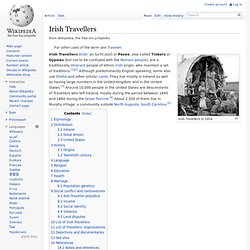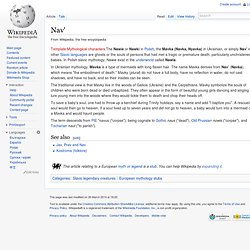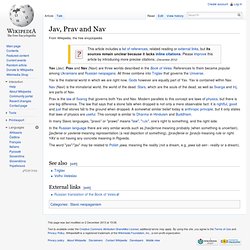

Irish Travellers. Irish Travellers in 1954 Etymology[edit] Travellers refer to themselves as Minkiers[6] or Pavees, or in Irish as an Lucht Siúil, meaning literally "the walking people".

Travellers are often referred to by the terms tinkers, itinerants, or, pejoratively, knackers[7] in Ireland[8][dead link] Some of these terms refer to services that were traditionally provided by them, tinkering (or tinsmithing), for example, being the mending of tinware such as pots and pans, and knackering being the acquisition of dead or old horses for slaughter. Tinker and especially knacker is used as a pejorative against Travellers in Ireland. The term gypsy first appeared in record in the 16th century from travellers, mistakenly thought to be Egyptians,[9] who arrived in Britain.
Didicoy is a Romani term for a child of mixed Romani and non-Romani parentage; as applied to the Travellers, it refers to the fact that they are not Romani Gypsy by ethnicity but Irish by blood and lead a similar yet distinct lifestyle.[12] Nav' Template:Mythological characters The Nawie or Nawki in Polish, the Mavka (Navka, Nyavka) in Ukrainian, or simply Nav' in other Slavic languages are ghosts or the souls of persons that had met a tragic or premature death, particularly unchristened babies.

In Polish slavic mythology, Nawie exist in the underworld called Nawia. In Ukrainian mythology, Mavka is a type of mermaids with long flaxen hair. The name Mavka derives from Nav’ (Navka), which means "the embodiment of death. " Mavky (plural) do not have a full body, have no reflection in water, do not cast shadows, and have no back, and so their insides can be seen. The traditional view is that Mavky live in the woods of Galicia (Ukraine) and the Carpathians. To save a baby's soul, one had to throw up a kerchief during Trinity holidays, say a name and add "I baptize you". The term descends from PIE *navus ("corpse"), being cognate to Gothic naus ("dead"), Old Prussian nowis ("corpse"), and Tocharian naut ("to perish").
Jav, Prav and Nav. Yav is the material world in which we are right now.

Gods however are equally part of Yav. Yav is contained within Nav. Nav (Navi) is the immaterial world, the world of the dead. Stars, which are the souls of the dead, as well as Svarga and Irij, are parts of Nav. Prav is the law of Svarog that governs both Yav and Nav. In many Slavic languages, "pravo" or "prawo" means "law", "rule", one's right to something, and the right side. In the Russian language there are very similar words such as [nav]ernoe meaning probably (when something is uncertain), [jav]lenie or yavlenie meaning representation (a real depiction of something), [prav]lenie or [prav]o meaning rule or right.
The word "yav"/"jav" may be related to Polish jawa, meaning the reality (not a dream, e.g. jawa lub sen - reality or a dream). See also[edit] External links[edit] Russian translation of the Book of Veles.